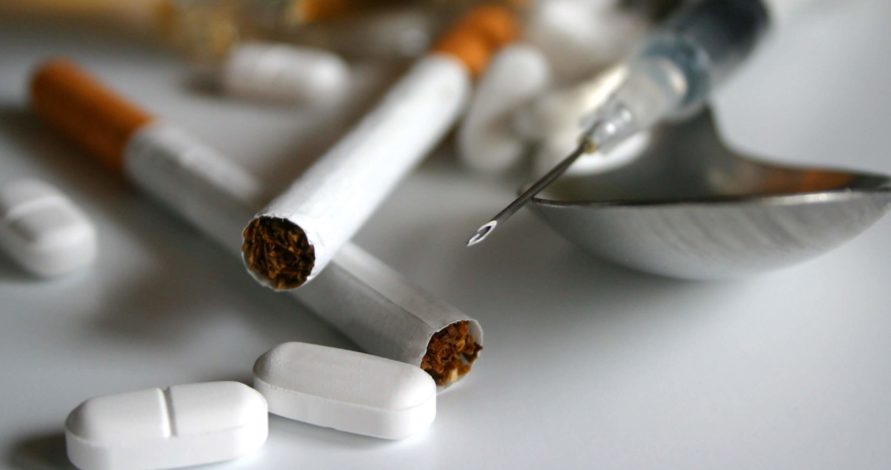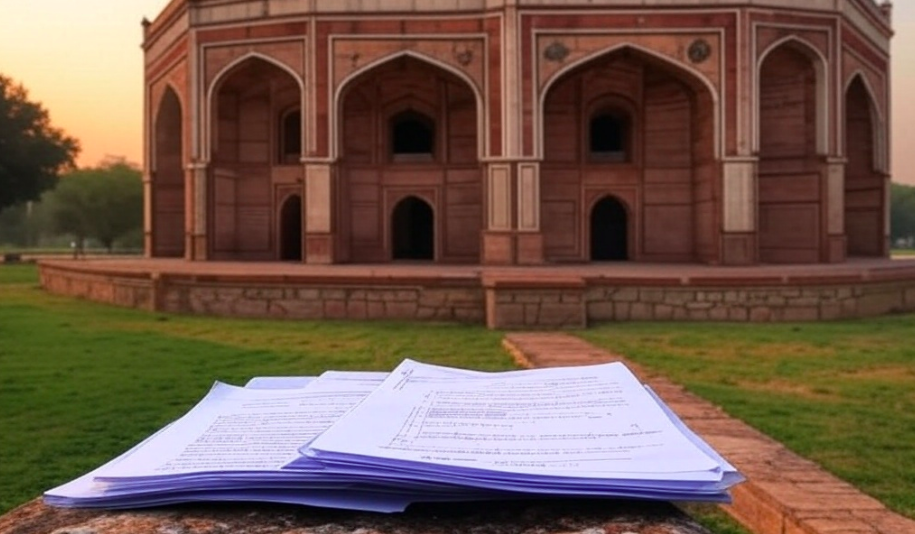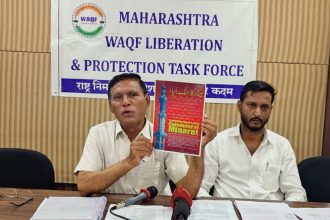BeyondHeadlines News Desk
New Delhi : While welcoming the meeting of Chief Ministers of the Northern Indian states today i.e. 20th August 2018 to address the drug menace in the Northern region, Asian Centre for Human Rights (ACHR) stated that torture and custodial deaths are not the answers to drug menace. The meeting of the Chief Ministers is being hosted by Haryana Chief Minister Manohar Lal Khattar and is being attended by Punjab Chief Minister Captain Amarinder Singh, Himachal Pradesh CM Jai Ram Thakur and Uttarakhand CM Trivendra Singh Rawat.
Asian Centre for Human Rights in its report, “India Torture Update: Punjab” stated that at least one person dies in Punjab every day due to drug overdose while at least one drug addict/suspect died in police custody every fourth day during 2014 and 2015. About 99 per cent of deaths in judicial custody in Punjab during 2012-2015 were alarmingly due to poisoning. A total of 1,221 custodial deaths took place in Punjab during nine years from 1st April 2008 to 28 February 2018 which is one custodial death every second day.
Instead of taking systemic reforms in the anti-drug war, the Government of Punjab in July 2018 recommended death penalty for the first-time drug-peddlers and mandatory drug tests for all 3.25 lakh government employees, which are unlikely to address the menace.
The Comptroller and Auditor General (CAG) in the report tabled in Punjab State Assembly on 22 March 2018 found that the enforcement of the Narcotic Drugs and Psychotropic Substances Act, 1985 (NDPS Act) was very lacklustre. There is a lack of action and annual plans, lack of skilled manpower, inadequate training and surveillance and other modern equipment and sniffer dogs, and above all, systemic flaws in detection, investigation and prosecution under the NDPS Act. About 75% of the samples seized during the period 2013-17 were sent to the laboratory with a delay ranging up to 476 days. During 2013-17, 70% of the accused were acquitted by the courts due to inconsistency in the statements of the witnesses who in most of these cases were “police officers/officials who were involved in arresting the culprits” suggesting nexus between the drug peddlers/users and the police. The CAG earlier report of 2017 stated that 35 of the 57 de-addiction centres and rehabilitation centres established by the state government were functioning illegally, that is, without obtaining license/non-renewal of licenses. Further, at least five de-addiction centres and rehabilitation centres “were not functional due to non-availability of Psychiatrist/Medical Officer, other staff and essential equipment.”
“Many illegal de-addiction centres operating in the State have become chambers of torture in the name of treating the drug patients. Drug addicts rescued from several illegal centres have recounted tales of brutal torture and inhuman conditions of the centres.” – stated Mr Rajesh Rawat, Managing Trustee of the Asian Centre for Human Rights.
Asian Centre for Human Rights stated that death penalty and torture are not the solutions to the drug’s menace. Instead, the governments should support “Prevention of Torture Act” drafted by the Law Commission of India in October 2017.
Further, the State governments should take meaningful steps in identifying the real causes, curb the supply chain in which gangs operate with a degree of impunity and plug the loopholes identified by the CAG. As directed by Punjab and Haryana High Court on 13 July 2018, the State governments should frame a policy to deal with the drug problem, to identify the drug addicts with the help of the gram panchayats.









